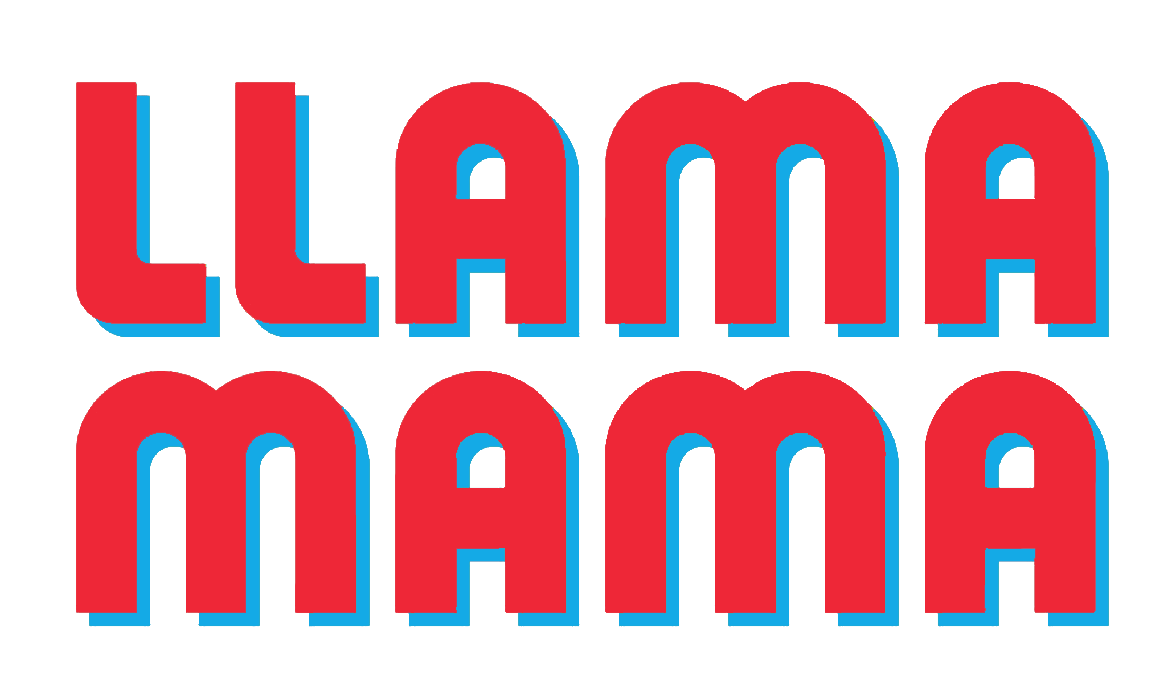Players often make the mistake of overlooking Thailand’s thriving food and beverage industry in favor of English-speaking markets like Australia and Singapore. However, Thailand is too attractive a market opportunity to pass up any longer.
Thailand is the second largest economy in ASEAN, situated at the heart of booming Southeast Asia. Generous government support and affordable, plentiful agricultural resources make Thailand an ideal place for a manufacturing base or regional HQ. Local consumers spend generously on food (often disproportionately to their income), as do the numerous tourists who make Thailand one of the most visited countries on earth.
But even companies who are already exploring the Thai market often fail to recognize one of the biggest opportunities the country has to offer. This opportunity can give you unparalleled access to the Thai market, boosting your F&B brand and product to near Coca-Cola level status seven times faster than conventional routes to market.
I’m talking about strategic partnerships - agreements made with one of Thailand’s powerful conglomerates. Today we’ll explore current opportunities to unlock growth in the Thai market through strategic partnerships. What’s more, I’ll provide an expert perspective from GourmetPro’s Henry Woodward-Fisher, our talent in Thailand who has helped several major brands enter the market using this method.
Henry details the size of the opportunity and explains which companies can benefit most from strategic partnerships in Thailand.
Meet The Expert: Henry Woodward-Fisher
Henry Woodward Fisher is an entrepreneur and consultant with a keen understanding of food, beverage, and technology trends in the Asia-Pacific region. His impressive tenure as Senior Manager for Impossible Foods in Singapore, where he secured strategic partnerships, managed cross-functional teams, and orchestrated successful launches in various high-priority international markets, illustrates his aptitude for the global food and beverage scene. His remarkable track record of increasing sales by 112% at JING Tea underscores his exceptional business development skills in the East Asia Pacific region.
Unearthing Opportunity in Thailand’s Food and Beverage Industry
Often underestimated, Thailand presents an exceptional market for international food and beverage companies. Its fast-growing middle class has disposable income and an insatiable appetite for diverse food experiences. Additionally, tourism, contributing a substantial 20% to Thailand’s GDP, brings in a diverse audience with varied food preferences. From value seekers to luxury indulgers, there's a customer for every type of product.

The Thai Food and Beverage industry landscape itself is rapidly transforming, with new points of purchase emerging daily. Convenience stores, with their expansive network of over 20,000 outlets nationwide, are a hot spot for your products to reach consumers from all walks of life. Thailand also has a proliferation of world-class shopping malls where you can be sure of reliable foot traffic for QSRs.
“What’s more, other than spirits, the Thai market hasn’t been monopolized. Getting your product into retail and in front of consumers is still relatively easy compared to overly saturated, well-trodden markets like Japan.”
Henry Woodward-Fisher
It’s fortunate that this landscape of favorable business opportunities is also easy to do business in. English fluency in Thailand is generally high. There are also extensive business support mechanisms like government subsidies and dedicated support teams that make it an inviting prospect for F&B companies looking to establish a robust presence in APAC.
Market Entry: Weighing Your Options
Your entrance into the Thai market can follow one of three broad strategies, each with its own benefits and trade-offs:
Building from Scratch: This involves establishing your own manufacturing facility, distribution, marketing, and sales force in Thailand. While this approach requires significant investment, it gives you absolute control over every aspect of your business.
Traditional Approach: By partnering with a local importer and distributor, you can start making inroads into the Thai market. This tried-and-tested strategy demands time to scout for the right partners and often several years to educate the market about your product.
Strategic Partnership: Perfect for those with a unique brand or innovative technology. By teaming up with a leading Thai F&B producer, you leverage their local resources to launch your product. While this means sharing a larger chunk of your revenue, your product reaches consumers faster, thanks to your partner's extensive local networks.
“The traditional approach can provide substantial growth opportunities, especially for brands with established reputability. But, for innovative products or big brands seeking accelerated market entry, strategic partnerships could unlock higher level growth potential.”
Henry Woodward-Fisher
Thai Conglomerates: The Powerhouses of Partnership
Thailand's F&B landscape is driven by influential conglomerates, akin to Japan's Zaibatsu or Korea's Chaebols. These businesses, like CP Foods and Thai Union, already have a strong global footprint and are eager to make Thailand into an Asian powerhouse that can rival the region's giants. These conglomerates are increasingly looking for strategic partnerships to open up new growth opportunities in their local market.
- CP Foods - a major agor-industrial and food conglomerate that has formed strategic partnerships with Japan’s ITOCHU, South Korea’s E-Mart, and various food-tech companies.
- Thai Union - the seafood manufacturing giant is particularly active in partnering with alternative protein companies.
- ThaiBev - one of South East Asia’s largest beverage companies. ThaiBev is active in investing in food services such as KFC to diversify its business.
- Boon Rawd - another Thai beverage giant that has partnered with the likes of Carlsberg to open up international brands in the Thai market.
Reaping the Benefits of Strategic Partnerships In Thailand’s Food and Beverage Industry
Collaborating with Thai conglomerates could yield unparalleled efficiency, speed, cost savings, and opportunities:
Efficiency: You gain immediate access to your partner's resources, including marketing teams and distribution networks. For instance, partnering with CP Foods could open doors to Thailand’s 7/11 franchises and Siam Makro, a leading local F&B distributor.
Speed: Instead of spending years understanding the local market and building brand recognition, your partner, with its pre-established market knowledge, can expedite this process.
Cost savings: Though your partner takes a portion of your sales, you could significantly save on operational costs such as local staffing and marketing.
Opportunities: Thai conglomerates are prominent players globally. A successful product in Thailand could lead to expansion opportunities in other markets where your Thai partner already has a strong presence, such as Vietnam. While this would require careful negotiation, it could be a comparatively simple route to considerable growth in the APAC region.
Case Study: Strategic Partnerships in Action
Let’s take a look at some of the F&B companies that have successfully built strategic partnerships with the conglomerates to ignite growth in Thailand:
Destination Group x Big Boy
US burger chain Big Boy partnered with a destination group to enter the Thai market in 2020. Destination Group already operates major brands such as Hard Rock cafe in Thailand, and the partnership has enabled Big Boy to secure a prime location in central Bangkok. Following the end of the pandemic, Destination Group reportedly plans to open a further 25 Big Boy locations.
CP Foods x Uoriki
In 2022, Thai food conglomerate CP Foods formed a strategic partnership with Japanese seafood supplier Uoriki to bring fresh, quality Japanese seafood to Thai consumers. The deal has already enabled Uoriki to plug into CP Foods distribution channels and marketing might to get a high volume of product into the Thai market.
Thai Union x Food Tech
Thai Union engages in prolific agritech & food investments, e.g. Aleph Farms (a leading cell-cultivated meat company) and Alchemy Foodtech. They're also a driving force behind Space-F, Thailand's first FoodTech incubator and accelerator. The company offers players, from spritely startups to big brands, opportunities to coproduce and expand across APAC.
Is a Strategic Partnership Right for You?
Although strategic partnerships may seem compelling, they aren't the best fit for every business. Henry advises brands to consider these criteria to gauge their product's potential:
You have a unique product: Be it an innovative IP, technology, or a popular product from another market experiencing a surge in demand in Thailand.
You have a strong brand: Thailand has growth opportunities for unique quick-service or fast-casual food concepts - something like the next Starbucks. If your brand is making waves in global markets like London or Dubai, Thailand’s conglomerates are likely to be interested.
You’re an innovative food tech company: Many Thai conglomerates operate venture capital arms and accelerator programs. If you have a novel technology proven successful in another market, these conglomerates might compete for a partnership with you.
Laying the Groundwork for Strategic Partnerships To Enter Thailand’s Food and Beverage Industry
Establishing a successful strategic partnership in Thailand requires careful preparation and relationship-building. Henry recommends the following steps as a bare minimum to pursue this strategy:
Spend time in Thailand: Understand the local culture and business environment, and establish face-to-face connections. The Thai government also provides extensive support to F&B companies interested in the country. Specifically, Thailand Board of Investment (BOI) offers extensive online resources, subsidies, and online and in-person clinics and consultations concerning doing business in Thailand.
Build relationships: Thailand’s business landscape is cordial and relationships can often make or break deals.
Passion for food: Just like Italy and Japan, Thailand is passionate about food. Reflect this enthusiasm in your product and business approach.
Get support from an expert: There’s an art to unlocking strategic partnerships. Trial and error is the only way to learn it, but there’s an opportunity cost to this. Finding someone who’s done it all before means you’re much more likely to get it right the first time.
Unlock the Power of Strategic Partnerships with GourmetPro
Are you intrigued by the potential of strategic partnerships in Thailand’s vibrant food and beverage industry? As a network of F&B industry experts, GourmetPro can give you an insider’s perspective. Our professionals based in Thailand like Henry can introduce you to the market, connect you with strategic partners, and provide you with an unparalleled advantage. Start your journey into Thailand’s flourishing F&B market with GourmetPro today!


%206.png)
.svg)






.svg)



.svg)
.svg)
.svg)

.svg)



























.png)










































































